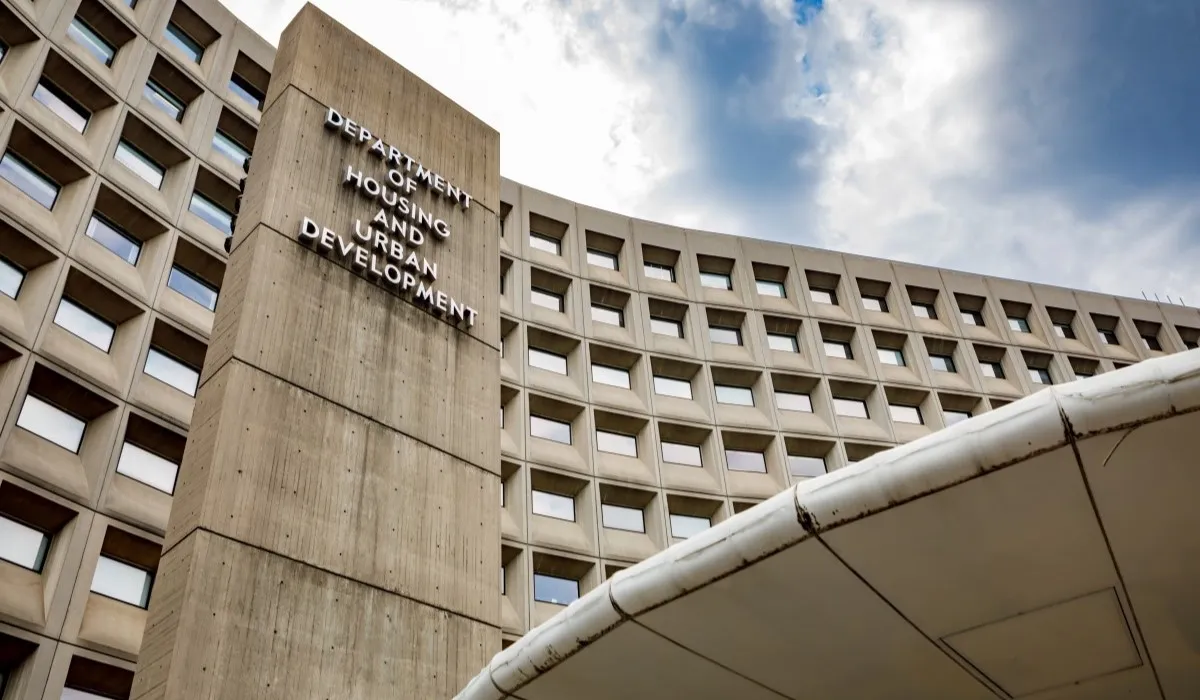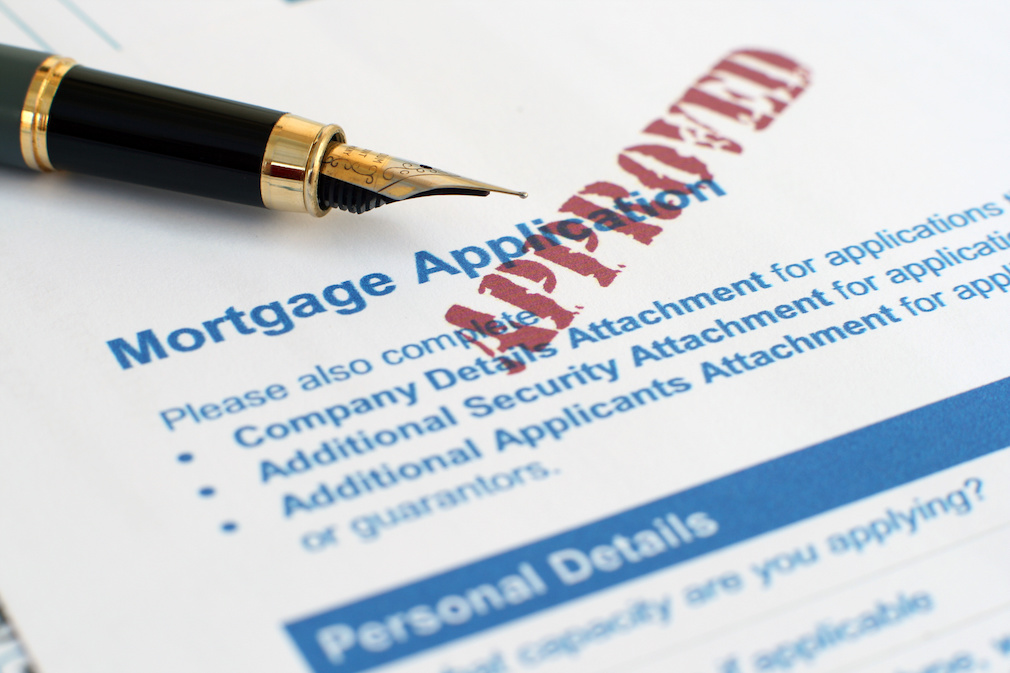As localities across the country wrestle with housing shortages, one Massachusetts town will make its case to a panel of judges next week to argue against a plan that requires the construction of more multifamily units, according to reporting by USA Today and state records reviewed by HousingWire.
As part of the broader community operating within the service area of the Massachusetts Bay Transportation Authority (MBTA), the affluent Boston suburb of Milton — with a population of roughly 29,000 people — was directed to comply with a new state law requiring the construction of new multifamily housing units in areas served by public transit.
But while some towns in the area, including Newton, have been working to comply with the law, Milton has resisted. Earlier this year, local media reported that Milton’s voters rejected the new housing plan that would bring the city into compliance, setting off a firestorm of debate.
 Gov. Maura Healey
Gov. Maura HealeySoon after Milton voters rejected the measure, Gov. Maura Healey (D) barred Milton from accessing state grants in an effort to force the municipality into compliance with state law. State Attorney General Andrea Joy Campbell also filed suit against the town, leading to a hearing in front of a panel of judges that is set to take place this coming Monday, Oct. 7.
While these issues are isolated in Massachusetts for the moment, they echo a broader debate taking place in cities across the nation regarding the expansion of affordable housing stock in communities where costs are soaring and low-income people are left with few viable options.
“This is the civil rights issue of our generation,” David Dworkin, president of the National Housing Conference (NHC), told USA Today.
Dworkin told the outlet that the debate that has emerged — and the town’s opposition to the housing plan — echoes civil rights debates of the 1950s and ’60s. According to 2020 data from the U.S. Census Bureau, nearly 75% of Milton’s population of 27,301 are white.
“Zoning in America was developed and designed for racial segregation,” Dworkin told USA Today. “This is not a subtle tool.”
Milton residents, however, contend that it’s not affordable housing they’re standing against as much as the scale of the proposed development and its unknown impact on the community.
“I’m all for improving diversity in housing stock,” longtime Milton resident Denny Swenson, who previously served on the city’s planning committed, told USA Today. “I welcome it, I love to see it. This [lawsuit] is just a way for the developers to try to silence our town and other towns from saying we want better, more thoughtful zoning.”
A filing by state Attorney General Campbell revealed that Milton city officials spent much of 2023 determining compliant “zoning language,” but when that work was placed in a voter referendum, it failed 54% to 46%.
But as the litigants prepare for the Oct. 7 hearing, Healey and Campbell are taking something of a victory lap. Their offices, along with the state’s executive office of housing and livable communities, organized an event in which they “celebrated the momentum around the MBTA Communities Law, as 75 municipalities have now embraced zoning changes that will create more housing and lower costs across the state,” according to a press release.
“The executive office of housing and livable communities announced that it has already approved 33 of their plans, making those communities eligible to apply for the new MBTA Communities Catalyst Fund, which provides financial support to compliant communities for housing and infrastructure projects,” the announcement stated.



















 English (US) ·
English (US) ·